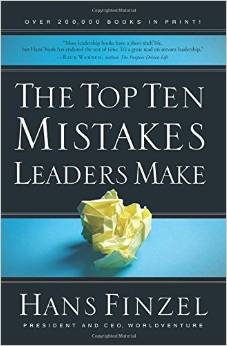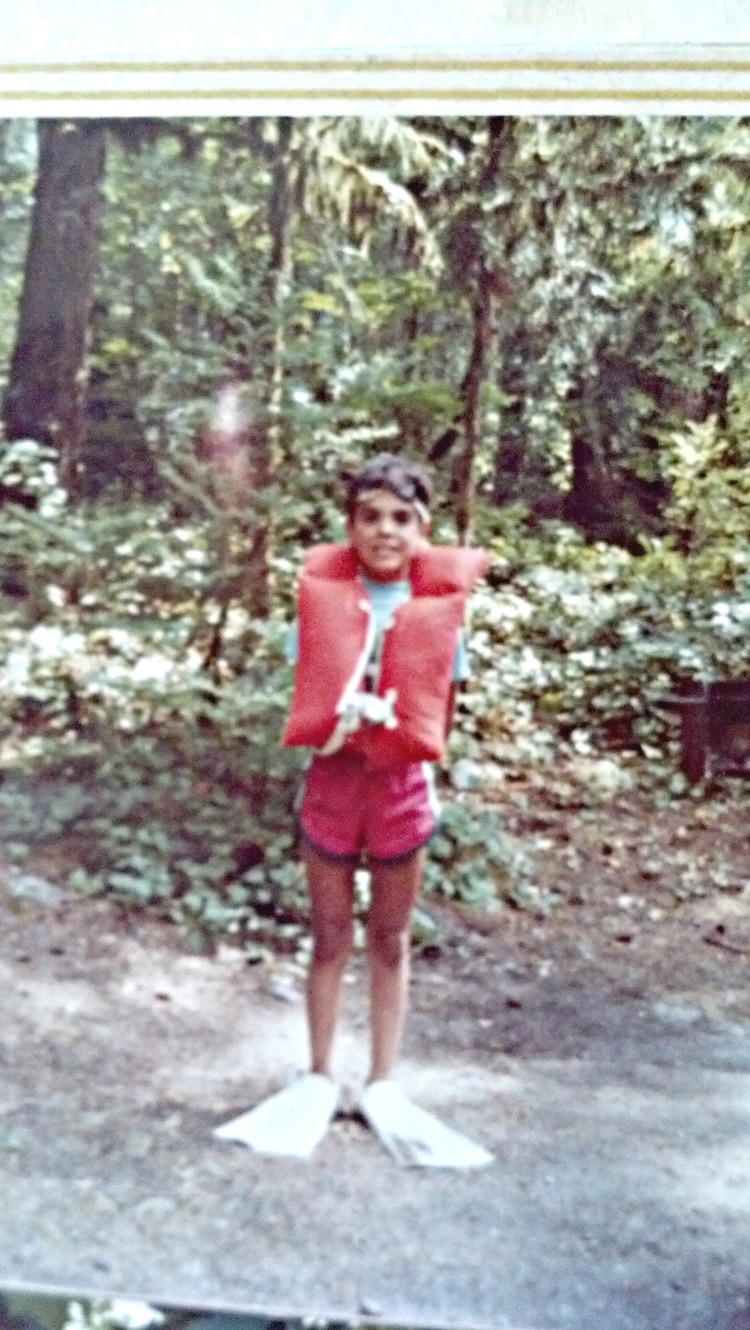I am constantly misplacing things. My poor wife has endured the process of helping me find things for 8 years of dating, and 17.5 years of marriage. My wallet is culprit number one, my keys are a close second, and don’t get me started about the times I’ve put paychecks through the wash, lost receipts in my travel bag or misplaced the car in a big parking lot. You know that sick feeling when you’re wife asks, “Um...Joe...Where are the kids?” I do.
But over the past 40 years of my life, there is one thing I have lost that my wife has never been able to help me find. She might be able to tell me why I lost it, but she usually can’t tell me where it is and she can never find it, to give it back to me again. It’s something I’ve lost repeatedly, and I’m sure you have to.
Time.
Have you ever lost a day? I mean really, have you ever lost an entire day? I’m not talking about taking a day to rest (Ok you workaholics out there...the Creator God of the universe set the example of six days on, one day off; there’s a reason for that!), I’m talking about losing a day because you just didn’t do anything. You didn’t really rest, but you didn’t really work. You kept thinking, “One more episode and then I’m going to do [insert task you’ve been procrastinating on here]” or “I’ll just play one more level of this game and then I’ll [insert homework assignment here]” or “One more snooze and then I’m going to get up and tackle the day” -- you ever said any of those things?
 It’s not that reading a book at night (“just one more chapter and then I’m going to turn out the light.”) or scanning the latest posts on Facebook is inherently bad (“I’ll just spend ten minutes looking at the latest news.”), but it’s amazing how quickly those activities can steal away huge chunks of a day. In fact, sometimes reading a book is vital to your personal growth (and sanity!), and checking in with friends and family on Facebook can be a great way to stay connected to people we love.
It’s not that reading a book at night (“just one more chapter and then I’m going to turn out the light.”) or scanning the latest posts on Facebook is inherently bad (“I’ll just spend ten minutes looking at the latest news.”), but it’s amazing how quickly those activities can steal away huge chunks of a day. In fact, sometimes reading a book is vital to your personal growth (and sanity!), and checking in with friends and family on Facebook can be a great way to stay connected to people we love.
What I’m talking about though, is the amount of time that just gets lost in the shuffle, every day, of every week. No matter your cultural status, no matter your birthright, the country you were born in or the amount of money you have in your bank account, all of us have the same amount of time given to us each day, and our lives will ultimately be defined by how we spend our time.
Check out this 1 minute video about time:
http://www.youtube.com/watch?v=luWR5IfS44k
What if we actually broke our days down into seconds? We all are given 86,400 seconds each day (not 84,600 like he said in the video), and each one of them is valuable. How many get lost though, throughout the day, because we don’t think of how precious each little second is? You know, “it’s just one second and I have 84,600 of them to use, what’s the harm in wasting a few?"
I love how the video talks about each second as being a dollar. Would you really throw 3,600 bucks at a game on your phone? Well that’s what you’re doing when you spend an hour running from a demon possessed monkey while collecting coins and power ups, or while you’re trying to get your bird to fly between gaps in the pipes. When your 10 minutes of Facebook stalking...er...reading turns into 90 minutes, would you have given $5,400 dollars to read about what other people are doing (or not doing as the case may be) with their lives?
When you value each second as a dollar, and then put a dollar amount to each activity, it certainly changes the value of that particular use of time, doesn’t it?
Since the average adult reads at around 225 words per minute, a 50,000 word book would take about 3.7 hours to read. So when you dive into your next book it might be wise to ask the question: “Is this book worth $13,333?” (incidentally, it will cost you $16,920 to read The Adventures of Tom Sawyer and $130,620 to read War and Peace. Just in case you were wondering.)
By putting a dollar amount to our time, it’s much easier to think about “how we’re spending it” each moment of each day. Here are a few costs for you to consider as you go into your day:
* That MLB baseball game is going to cost you around $10,800 (watch out for extra innings!)
* The average netflix TV show will cost you $2,655
* According to Amazon’s study of books, the average size book will cost $17,040
* That selfie just cost you $13 (because you took more than one, and you checked each image before you posted it!)
* Is the average song on your iPod worth $216?
Here’s a fun task: Take one of your regular activities, figure out how many minutes you spend doing that each day, then multiply by 60 to determine the cost. What are you paying for each day? If you’re brave, post some costs in the comments so others can see! Here’s one of my doozies: My morning news/facebook/twitter-scanning habit costs me $900 each day!
You have $86,400 dollars to spend today. At the end of the day you will give up your left-overs, but tomorrow you will receive another load of cash. How are you “spending” your time? If you want to live the Overboard Life, you’ll have to start valuing your seconds, not just your years, your weeks or your days; you’ll really have to start valuing each second of each day.
Apart from sending Jesus to pay for our sins, the greatest gift God has given us is life. And life is always measured in time. The way you spend your time is the way you are spending your life. We are all spending $86,400 a day...what kind of life are you creating with your investments?
Go ahead and take the plunge, life is always better on the water!




